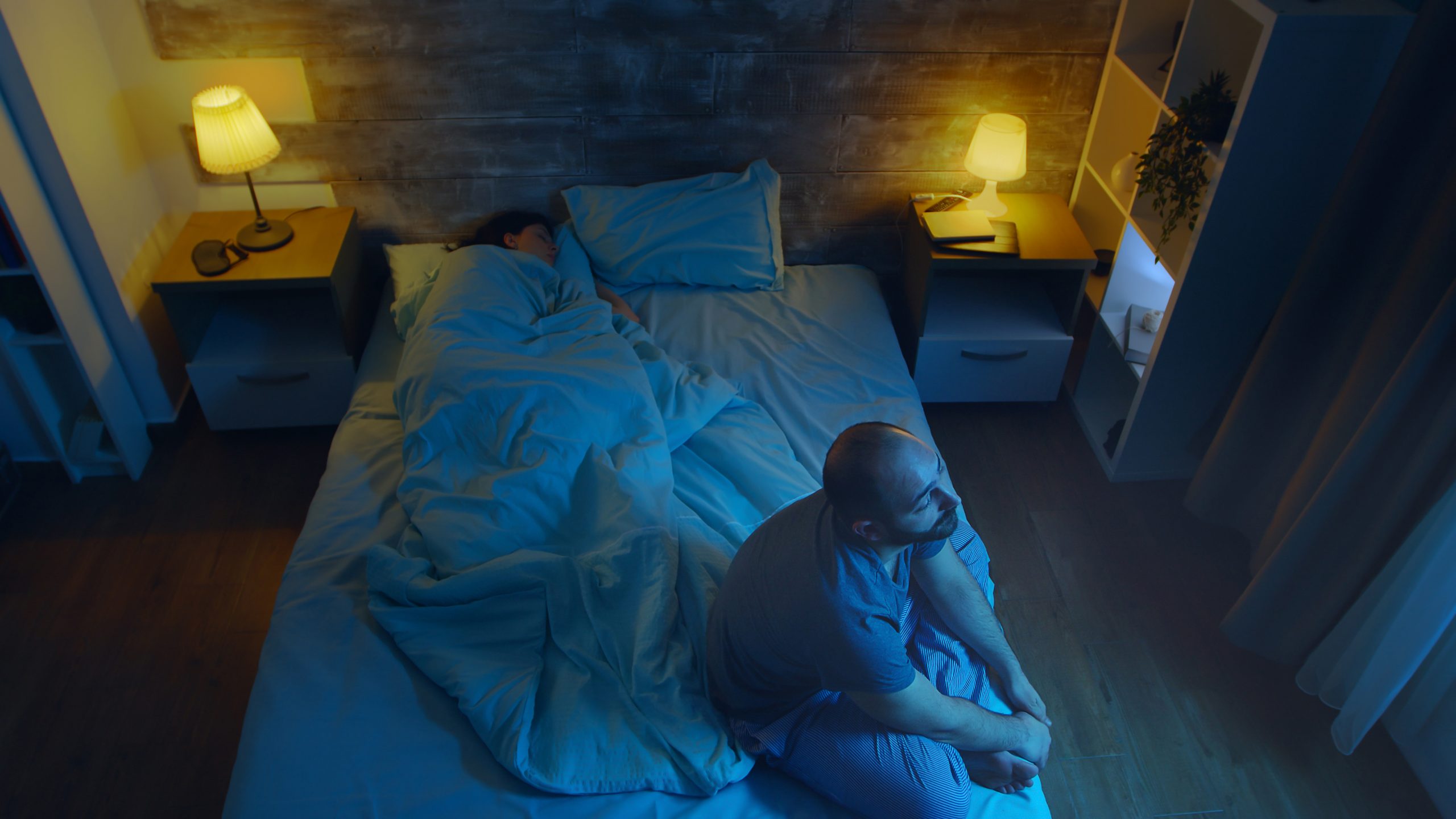Overview of Insomnia
Insomnia is a common sleep disorder that makes individuals unable to get the amount of sleep needed to function efficiently during the daytime. Those with insomnia experience trouble falling asleep and/or staying asleep. Insomnia is usually a symptom of another mental or physical illness, but other times it can be caused by one’s lifestyle or work.
Cause and Effect
- 50% of insomnia cases are related to depression, anxiety, or psychological stress according to NAMI
- Waking up earlier than desired and having low energy are often insomnia symptoms related to depression
- Many anxiety disorders are associated with poor sleeping
- Not getting sleeping poorly and/or not getting enough sleep can also worsen other symptoms of many mental health disorders
Treatment
When treating insomnia, it is important to consider any underlying conditions that may creating or worsening insomnia symptoms. For many, the first-line of treatment is creating and sticking to good sleeping habits. In addition, other treatment options are available. Treatment may vary but plans commonly include:
- Good sleeping habits is the first step for many and can include maintaining a regular sleep schedule, avoiding energizing activities in the evening, and creating a comfortable sleeping environment.
- Relaxation exercises such as deep breathing and mindfulness can help an individual calm down and feel more in touch with their body.
- Exercise during the day can help many sleep better at night. We suggest speaking with your health care provider to see what type of exercise might be right for you.
- Herbal remedies including melatonin and valerian root are available “over-the-counter” and have been found to be beneficial to many. The effectiveness of these treatments has not been proven, however, and neither treatment has been approved by the FDA.
- Cognitive behavioral therapy is often used to treat insomnia as it can help you control and/or eliminate negative thoughts and worries that keep you from sleeping.
- Medication may be used in the treatment of an individual’s insomnia, but only some medications are recommended by healthcare professionals for long-term use.
Finding TREATMENT AND RESOURCES
- To learn more about insomnia, we recommend contacting your health care provider.
- To read a further overview of insomnia, the following resources are suggested:
- NAM: https://www.nami.org/About-Mental-Illness/Common-with-Mental-Illness/Sleep-Disorders
- NHLBI, NIH: https://www.nhlbi.nih.gov/health-topics/insomnia
Return to home page: https://nwmind-bodywellness.com/
Read more articles: https://nwmind-bodywellness.com/articles/
